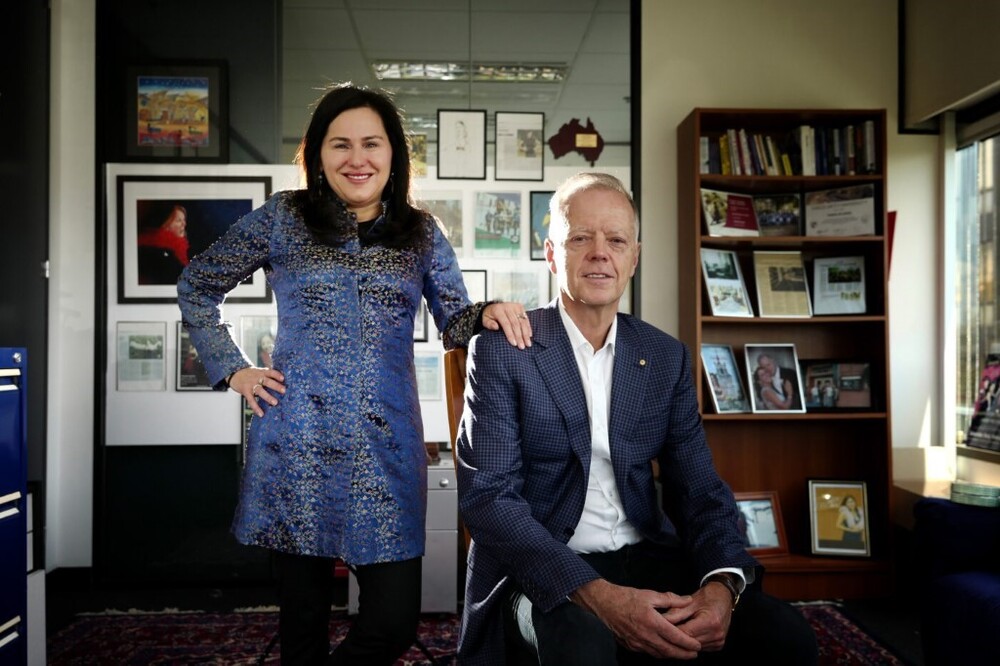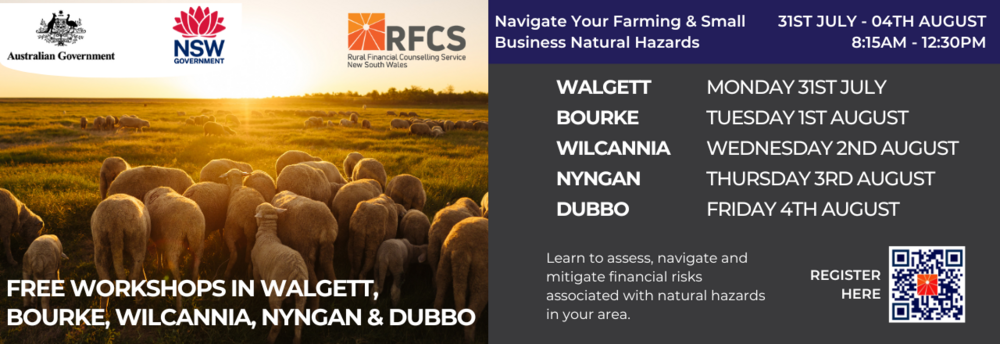TGA approves two psychedelic drugs for therapy
Sharon Bonthuys
15 July 2023, 3:38 PM
 The human brain is highly complex. Source: Monash Neuromedicines Discovery Centre.
The human brain is highly complex. Source: Monash Neuromedicines Discovery Centre. A decision by the Therapeutic Goods Administration (TGA) earlier this year means that Australian psychiatrists can now apply to become authorised prescribers of specific psychedelic substances to treat certain mental health conditions.
The TGA decision, which came into effect on July 1, 2023, permits psychiatrists who are “authorised prescribers” to prescribe MDMA (3,4-methylenedioxy-methamphetamine) to treat post-traumatic stress disorder (PTSD) and psilocybin for treatment-resistant depression as part of therapy in controlled clinical settings. These are the only conditions where there is currently sufficient evidence for potential benefits in certain patients, according to the TGA.
MDMA (commonly known as ecstasy or molly) and psilocybin (magic mushrooms) are psychedelic drugs that are otherwise illegal in Australia.
The decision follows applications made to the TGA to reclassify the substances in the Poisons Standard, extensive public consultation, a report from an expert panel, and advice received from the Advisory Committee on Medicines Scheduling.
Readers keen to explore psychedelic-assisted therapy need to be aware that not all psychiatrists in Australia will be able to prescribe these substances and availability of this therapy will likely be limited in rural and remote areas. To become authorised prescribers, psychiatrists must be approved by a human research ethics committee and then the TGA through its Authorised Prescriber Scheme.
The scheme grants prescribing permissions under strict controls that ensure the safety of patients. The TGA acknowledges that patients may be vulnerable during psychedelic-assisted psychotherapy, requiring controls to protect them.
The TGA’s decision to reschedule psilocybin and MDMA from Schedule 9 (prohibited substances) to Schedule 8 (controlled medicines) of the Poisons Standard has received mixed responses.
The move was welcomed by Mind Medicine Australia (MMA), a registered charity that seeks to “alleviate the suffering caused by mental illness in Australia through expanding the treatment options available to medical practitioners and their patients.”
“The decision to reschedule and implement a compassionate access pathway recognises the tens of thousands of Australians who lodged their submissions in support, and the fact that treatment resistant patients aren’t benefitting from currently available treatments,” the MMA announced in a statement.
“Australia can be very proud of the fact that we are the first nation in the World to reschedule these medicines for medical purposes. Australia is now an innovative leader in the treatment of mental illness.”
The MMA’s Executive Director, Tania de Jong AM, said: “We are so pleased that some of the immense suffering being experienced in families, communities and organisations around the nation can [now] be alleviated through these transformational therapies.”

ABOVE: MMA Executive Director, Tania de Jong AM, and co-founder Peter Hunt AM, welcome the TGA's decision. Photo: MMA.
Professor Chris Langmead, Deputy Director of the Neuromedicines Discovery Centre, Monash Institute of Pharmaceutical Sciences, said: “the TGA’s decision took many by surprise and, understandably, there have been questions from some regarding the timing of the decision. However, whether the sector likes it or not, Australia is now at the forefront of research in this field globally, and we need to seize the opportunity.
“Despite the profound prevalence of difficult-to-treat mental illness throughout the community, very few advancements in new safe and effective treatments have emerged over the last 50 years - this simply isn’t good enough. My hope is that the TGA’s decision will pave the way for the development of new safe, effective and widely accessible medicines to significantly improve the lives of those living with mental illness.”
While the potential for additional treatment options for PTSD suffers and treatment-resistant depression is welcomed, these should be carefully and ethically explored and there are several reasons for caution, according to Associate Professor Gene Hodgins from the Charles Sturt University (CSU) School of Psychology.
“Research is still emerging and strong practice guidelines for their use have not yet been agreed upon. Correspondingly, psychedelic therapy for PTSD and treatment-resistant depression is not effective for all sufferers,” he said in a statement released by CSU.
“Research also shows treatment with psychedelics still needs concurrent psychological interventions, over a number of months, meaning ongoing sessions with psychiatrists and psychologists. These sessions, along with the cost of the psychedelics, mean treatment courses could cost well over $10,000.”

PHOTO: Associate Professor Gene Hodgins from CSU (inset) suggests careful and ethical exploration following TGA-approval of two psychedelic drugs for use in treating PTSD and depression. Photo: CSU.
The CSU academic indicated that both PTSD and depression disorders have existing treatments.
PTSD is treated by psychological therapy including cognitive/exposure therapy, eye movement desensitisation and reprocessing, as well as some medications. Depression is treated by psychological therapy (cognitive behaviour therapy and interpersonal therapy) as well as anti-depressant medications and, in severe cases, electro-convulsive therapy.
“While these existing treatments are effective for many sufferers, like all mental health disorders, they do not effectively treat everyone. Also, some sufferers struggle with access to treatment, especially those in rural areas who are trying to access psychological treatments.
“Service availability, costs, and lack of agreed-upon treatment guidelines will severely restrict the availability of psychedelic-assisted therapy. The focus should therefore remain on improving access for people to available, existing treatments that are effective for many PTSD and depression sufferers.”
JOB LISTINGS




